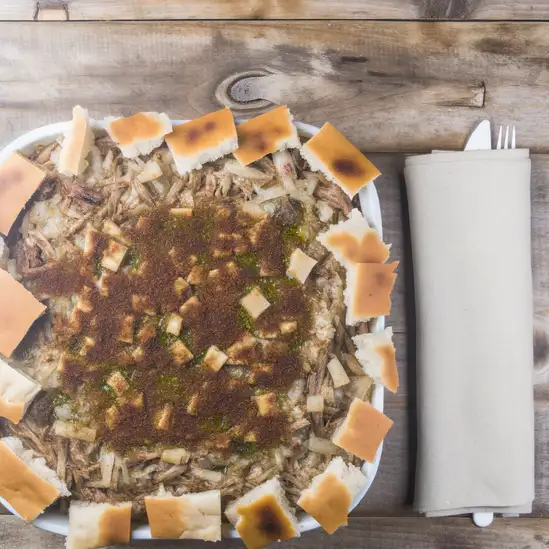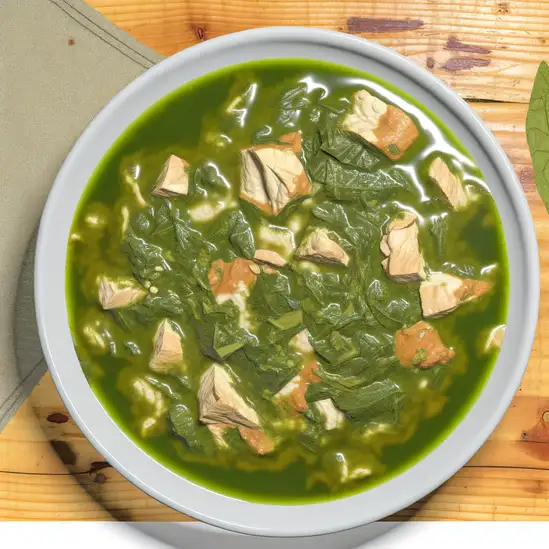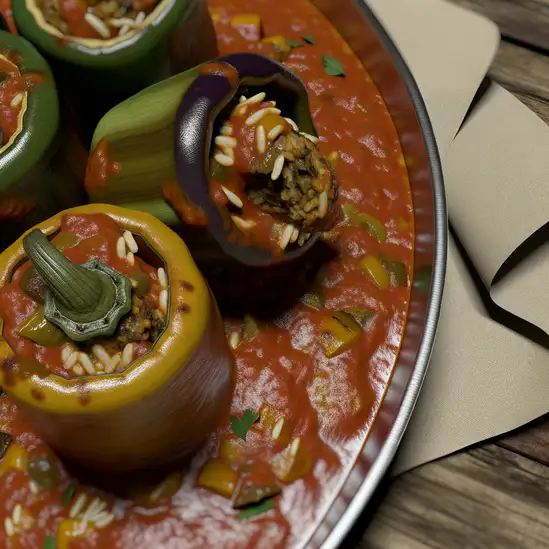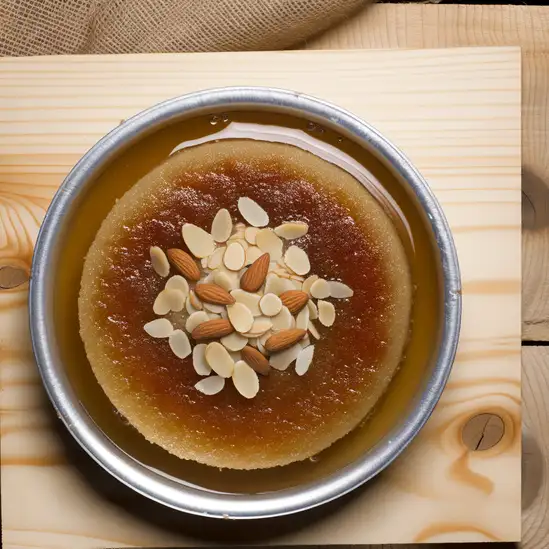



Imagine stepping into a place where history whispers from every stone and the Nile’s gentle breeze carries stories thousands of years old—that’s Luxor. The moment you arrive,there’s this warm,golden light that seems to wrap around you,softening the edges of the ancient temples and bustling markets alike. Walking along the riverbank at sunset,you’ll hear the distant call of a muezzin blending with the chatter of locals and the rhythmic splash of feluccas cutting through the water. It’s a city that feels alive,not just with people but with the pulse of time itself. The air is rich with the scent of spices and freshly baked bread from street vendors,mingling with the faint aroma of lotus flowers floating nearby. Exploring Luxor’s vast temples and tombs,you can almost feel the hands that carved the hieroglyphs,the weight of pharaohs’ legacies pressing gently on your imagination. But Luxor isn’t just about the past—it’s about the vibrant present,too. The friendly shopkeepers invite you to taste sweet hibiscus tea or sample local dates,and the lively souks buzz with colors and textures that make you want to reach out and touch everything. What makes Luxor truly special is this blend of awe and warmth. It’s a place where you can marvel at colossal statues and then share a laugh with a local over a cup of coffee. It’s a city that invites you to slow down,soak in the stories,and feel connected—not just to history,but to the people who keep its spirit alive today.
The information on this page is currently being reviewed by Tripkliq and should be used as a guide only
Eng word: Hello
Eng pronunciation: Marhaban
Local language: مرحبا
Eng word: Goodbye
Eng pronunciation: Wada'an
Local language: وداعا
Eng word: Thank you
Eng pronunciation: Shukran
Local language: شكرا
Eng word: How much
Eng pronunciation: Kam al-si'r
Local language: كم السعر
Eng word: Toilet
Eng pronunciation: Mirhad
Local language: مرحاض
Eng word: Help me
Eng pronunciation: Sa'idni
Local language: ساعدني
Eng word: Yes
Eng pronunciation: Na'am
Local language: نعم
Eng word: No
Eng pronunciation: La
Local language: لا
Eng word: Excuse me
Eng pronunciation: Afwan
Local language: عفوا
Luxor, formerly known as Thebes, was the glorious city of the God Amun and served as the religious capital of Egypt during the New Kingdom.
The Karnak Temple Complex is one of the largest religious buildings ever constructed, dedicated to the god Amun. It was connected to the Luxor Temple via the Avenue of Sphinxes.
The Luxor Temple, a significant monument of Ancient Egypt, was built by Amenhotep III and Ramses II. It's known for its large statues and obelisk in front.
The Valley of the Kings is a royal burial ground for pharaohs such as Tutankhamun, Seti I, and Ramses II, among others, located on the west bank of the Nile.
Situated near the Valley of the Kings, this site was used for the burials of queens and royal children. Nefertari’s tomb, one of the most beautiful tombs in Egypt, is located here.
The Mortuary Temple of Hatshepsut is an architectural marvel, standing as a testament to the only female pharaoh's reign. It’s set against limestone cliffs at Deir el-Bahri.
These two massive stone statues of Pharaoh Amenhotep III have stood in the Theban necropolis for the past 3400 years, despite being damaged by earthquakes.
The Avenue of Sphinxes is a historically significant pathway that once connected the Luxor and Karnak temples. It is lined with human-headed sphinxes.
The Ramesseum is the memorial temple of Ramses II, showcasing the pharaoh's achievements and greatness, including a colossal statue of himself.
In Luxor, the most common Power Adaptor is Type C, Type F.



A hearty mix of rice, lentils, pasta, and topped with a spicy tomato sauce and crispy onions, Koshari is a beloved Egyptian street food.

A traditional dish made with layers of rice, bread, and meat, often served with a garlic and vinegar sauce, especially popular during festive occasions.

A green soup made from the leaves of the jute plant, typically served with rice and chicken or rabbit, known for its unique flavor and health benefits.

Vegetables such as zucchini, eggplant, and bell peppers stuffed with a mixture of rice, herbs, and spices, then cooked in a tomato sauce.

A popular street food consisting of spiced minced meat stuffed inside a loaf of bread and baked until crispy, often served with chili sauce.

A sweet semolina cake soaked in syrup, often garnished with almonds or coconut, making it a popular dessert in Egyptian cuisine.

Egyptian falafel made from fava beans instead of chickpeas, seasoned with herbs and spices, and deep-fried until crispy, often served in a pita.
Cairo feels like stepping into a living,breathing storybook where ancient history and vibrant modern life collide in the most exhilarating way. The moment you arrive,you’re wrapped in a tapestry of sounds—the call to prayer echoing from minarets,the lively chatter of street vendors,and the hum of bustling markets. The air carries a mix of spices,fresh bread,and the faint scent of the Nile,inviting you to slow down and soak it all in.
Walking through Cairo’s streets,you’ll find yourself mesmerized by the city’s contrasts. Towering minarets and centuries-old mosques stand proudly beside colorful street art and lively cafes where locals sip strong,sweet tea. The city pulses with energy,yet there’s a warmth in the smiles of shopkeepers and the inviting aroma of freshly baked falafel and koshari wafting from corner stalls. It’s a place where every turn reveals a new story,from the majestic pyramids just outside the city to the labyrinthine alleys of Khan El Khalili bazaar,where you can haggle for handwoven textiles or sip mint tea while watching artisans at work.
What makes Cairo truly unforgettable is its spirit—a blend of resilience,hospitality,and deep-rooted pride in its heritage. It’s a city that invites you to explore,taste,and connect,leaving you with a sense of wonder and a craving to return. Trust me,once you’ve wandered its streets and felt its heartbeat,Cairo stays with you long after you’ve left.
Sharm El Sheikh is a popular resort city on the Sinai Peninsula,known for its stunning beaches,coral reefs,and vibrant marine life,making it a top destination for diving and snorkeling enthusiasts.
ExploreIf you’re dreaming of a place where the sun seems to linger just a little longer and the sea whispers stories of ancient times,Hurghada is that kind of magic. Walking along its coastline,you’re greeted by the endless stretch of turquoise waters meeting golden sands,with the salty breeze carrying the faint scent of jasmine and spices from nearby markets. The vibe here is relaxed but alive—locals chatting animatedly in cafes,fishermen hauling in their catch,and the distant hum of boats slicing through the Red Sea.
What really makes Hurghada special is how it blends the raw beauty of nature with a warm,welcoming culture. The city pulses with a laid-back energy,where you can dive into vibrant coral reefs teeming with colorful fish one day,and the next,wander through bustling souks filled with the aroma of freshly ground coffee and sweet dates. At night,the air cools,and the city lights flicker on,inviting you to savor freshly grilled seafood while the call to prayer echoes softly in the background.
There’s a genuine friendliness here that makes you feel like you’re not just visiting,but becoming part of a story that’s been unfolding for centuries. Whether you’re sipping mint tea with new friends or watching the sun dip below the horizon in a blaze of orange and pink,Hurghada leaves you with a sense of calm adventure and a craving to come back for more.
Alexandria feels like stepping into a story where the Mediterranean breeze carries whispers of ancient legends and modern life mingles effortlessly with history. The moment you arrive,there’s this unmistakable rhythm—a blend of seagulls calling overhead,the gentle slap of waves against the Corniche,and the distant chatter of locals sipping strong,sweet tea in cozy cafes. The air is tinged with salty sea spray and the faint aroma of freshly baked bread from nearby bakeries,inviting you to slow down and soak it all in.
Walking through the city,you’ll notice how Alexandria wears its past with pride but never feels stuck in it. The grand library,a modern marvel,stands as a beacon of knowledge,while the ancient ruins peek out from unexpected corners,telling tales of Cleopatra and Roman emperors. The streets buzz with a unique energy—vendors selling fragrant spices,fishermen hauling in their catch,and artists sketching the ever-changing seascape.
What really makes Alexandria special is its warmth. The people here have a relaxed charm,always ready to share a story or recommend a local dish like the creamy,tangy Alexandrian fish sayadeya. As the sun dips below the horizon,the city transforms; lights twinkle along the waterfront,and the scent of grilled seafood mingles with the salty air. It’s a place that invites you to linger,to explore,and to fall a little in love with its timeless spirit.
If you ever find yourself dreaming of a place where time seems to slow down and the Nile whispers stories of ancient civilizations,Aswan is that kind of magic. The moment you step off the boat or stroll through its sun-dappled streets,there’s this warm,golden glow that wraps around you—part desert sun,part river breeze. The air carries a mix of fragrant spices from bustling markets and the subtle scent of fresh dates,making every breath feel like a small adventure.
Aswan’s charm isn’t just in its stunning views of the Nile,framed by palm trees and rugged cliffs,but in its gentle rhythm. Locals greet you with genuine smiles,and the call to prayer echoes softly,blending with the laughter of children playing by the water’s edge. Sitting at a riverside café,sipping on sweet hibiscus tea,you can watch feluccas glide gracefully across the shimmering water,their sails catching the light like delicate wings.
What really sets Aswan apart is its deep connection to history and culture without feeling like a museum. The Nubian villages nearby burst with vibrant colors and traditions that feel alive and welcoming. Whether you’re exploring ancient temples carved into the rocks or bargaining for handwoven textiles,there’s a sense of discovery that’s both humbling and exhilarating. Aswan invites you to slow down,soak in its warmth,and let the stories of the Nile seep into your soul.
If you ever find yourself craving a place where the desert meets the sea in the most magical way,Marsa Alam is where you want to be. The moment you arrive,there’s this calm,almost timeless energy that wraps around you—like the world has slowed down just enough for you to breathe deeply and soak it all in. The air carries a salty tang from the Red Sea,mingled with the faint scent of desert herbs and sun-warmed sand. It’s a place where the horizon stretches endlessly,painted in shades of turquoise and gold,inviting you to dive right in.
What’s truly captivating about Marsa Alam is its raw,unpolished charm. Unlike the bustling tourist hubs,here you’ll find quiet beaches where the only soundtrack is the gentle lapping of waves and the occasional call of seabirds. Snorkeling or diving in the coral reefs feels like entering another world—vibrant schools of fish darting through crystal-clear waters,and the occasional graceful sea turtle gliding by like a silent guardian. On land,the Bedouin culture adds a rich layer of warmth and hospitality; sharing a cup of sweet mint tea with locals under a starlit sky feels like a secret passed down through generations.
Evenings in Marsa Alam are something special. The sun dips low,casting a fiery glow over the desert dunes,and the air cools just enough to make you want to linger outside,maybe savoring fresh seafood grilled to perfection. It’s a place that invites you to slow down,listen closely,and discover a side of Egypt that’s both wild and wonderfully welcoming.
Vendors or taxi drivers may give incorrect change, hoping tourists are unfamiliar with the local currency.
Unlicensed individuals pose as official tour guides, offering tours with little knowledge or access to actual historical sites.
Tourists are offered camel or horse rides at a low initial price, but are then charged exorbitant fees once the ride is over.
Tourists are taken to shops by guides or drivers who claim they offer authentic goods, but the items are often overpriced or fake.
Tourists are invited to perfume shops where they are pressured into buying expensive oils that are often diluted or fake.
Taxi drivers may not use meters and charge tourists inflated prices for short distances, or take longer routes to increase the fare.
Tourists are approached by individuals claiming to offer discounted or special access tickets to tombs and temples, which turn out to be fake or invalid.
The use, possession, and trafficking of drugs are strictly prohibited in Luxor, Egypt. The country has very stringent drug laws, and violations can result in severe penalties, including long prison sentences and heavy fines. Tourists should avoid any involvement with illegal drugs to avoid serious legal consequences.
In Luxor, Egypt, smoking is generally allowed in public places, but there are restrictions in certain areas such as government buildings, healthcare facilities, and public transportation. Tourists should be mindful of 'No Smoking' signs and respect local customs and regulations. Smoking is more socially acceptable in outdoor areas and designated smoking zones.
Vaping is less common in Luxor compared to smoking, but it is not explicitly banned. However, it is advisable to follow the same guidelines as smoking, avoiding vaping in restricted areas such as government buildings, healthcare facilities, and public transportation. Tourists should be discreet and considerate of local norms.
What are other people saying about Luxor?
Recent Social posts about Luxor
There is nothing to show you for now.